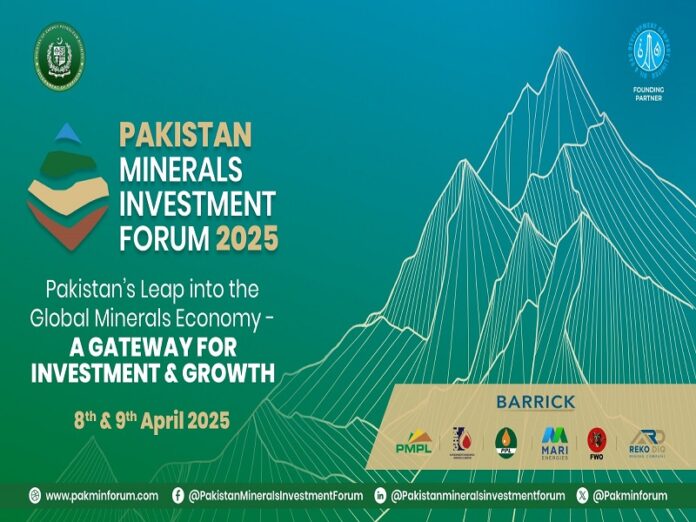The US sent one of its top diplomats for South Asia to attend the Pakistan Minerals Investment Forum in Islamabad last week, during which time he conveyed the Trump Administration’s interest in critical mineral cooperation with Pakistan and met with senior political and military officials to discuss this. These resources are integral to the “Fourth Industrial Revolution” and that’s why the US is negotiating such partnerships across the world with countries as varied as Ukraine, the Congo, and now Pakistan.
Each of these three entail strategic risks, but it’s only the last one that will be discussed in this analysis. To begin with, the bulk of Pakistan’s mineral resources are located in its Khyber Pakhtunkhwa and Balochistan provinces, which are respectively suffering terrorist insurgencies waged by the Tehrik-i-Taliban Pakistan (TTP) and Balochistan Liberation Army (BLA). The former is fighting to impose a radical Islamic dictatorship, the latter wants independence, and both are designated by the US as terrorists.
Accordingly, the first strategic risk that critical mineral cooperation with Pakistan entails is that these groups target American companies and nationals in these two regions. This is a plausible scenario since the BLA in particular is infamous for targeting Chinese workers, who they accuse of extracting their region’s wealth. As for the TTP, it’s waging war against the partially US-armed Pakistani state. Both groups are therefore expected to consider American companies and nationals to be legitimate targets.
The second strategic risk builds upon the first and relates to the US being convinced by Pakistan that the aforesaid threats to its mining companies could be mitigated through preferential arms deals. The Trump Administration would do well to think twice about that though since Pakistan’s much more significant arms relationship with China hasn’t made its workers any safer and perceived American favoritism of Pakistan by India could complicate their ties upon which a lot of the US’ “Pivot (back) to Asia” depends.
Segueing into the third strategic risk, Pakistan might be offering the US critical mineral cooperation at this time not only to cause trouble in Indo-US ties, but also to relieve reported pressure upon its ruling military establishment by the America First faction. They believe that civilian-led democratic rule would facilitate the main anti-Chinese goal of the US’ “Pivot (back) to Asia” as explained here so the ruling military establishment that stands to lose from this might be trying to buy them off with a mineral deal.
The fourth strategic risk is that Pakistan doesn’t comply with whatever strings the US might attach to a mineral deal in exchange for relieving pressure upon its military rulers. For instance, they might agree to distance Pakistan in some way from China, logistically facilitate mineral exports from Afghanistan if the US clinches a similar such deal there, and/or allow CIA drone bases for spying on and threatening Iran. It’s possible that these would just be false promises to secure a deal and enrich corrupt military officials.
And finally, the last strategic risk is that the US gets embroiled in another “War on Terror” if “mission creep” leads to it fighting the TTP and BLA with Pakistan in order to secure its mineral investments. The “sunk-cost fallacy” could also play a role in these calculations too. Coupled with potential complications in Indo-US ties and the derailing of the US’ “Pivot (back) to Asia”, the strategic costs of critical mineral cooperation with Pakistan could far outweigh the expected benefits, thus making it a poisoned chalice.







